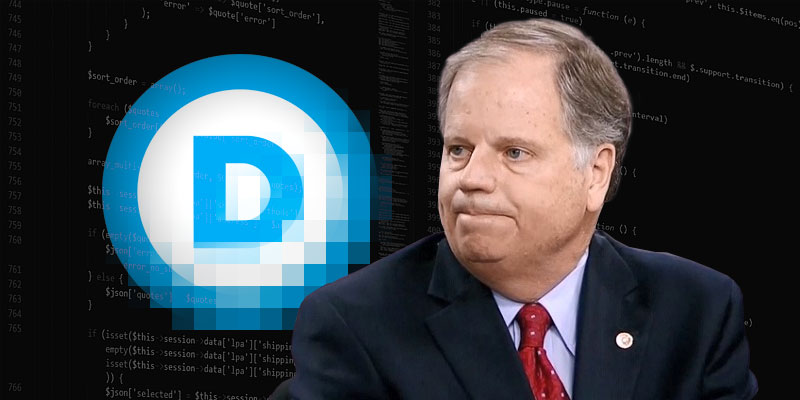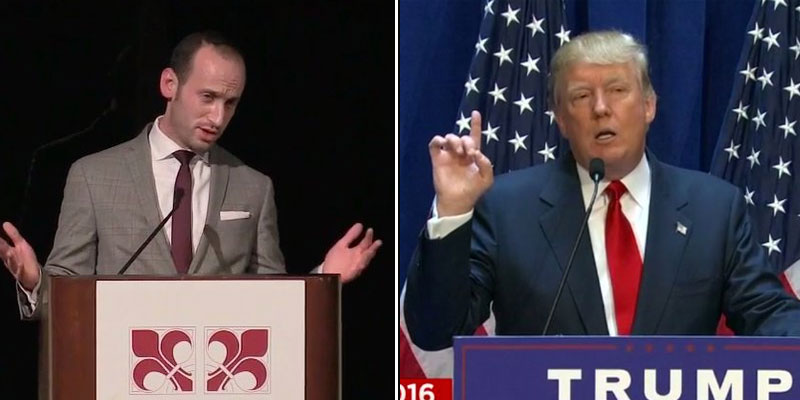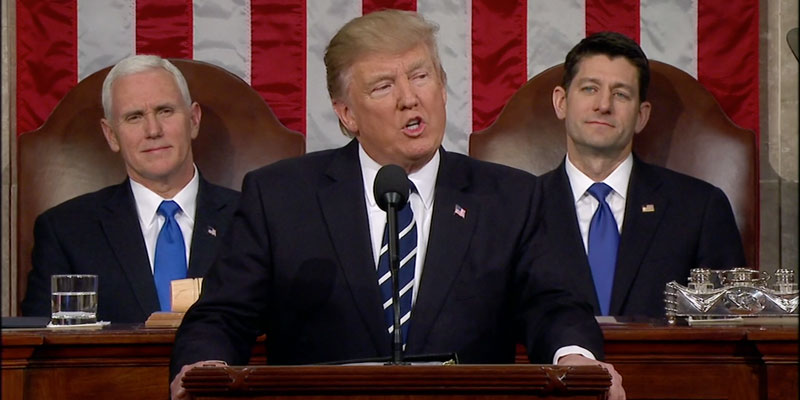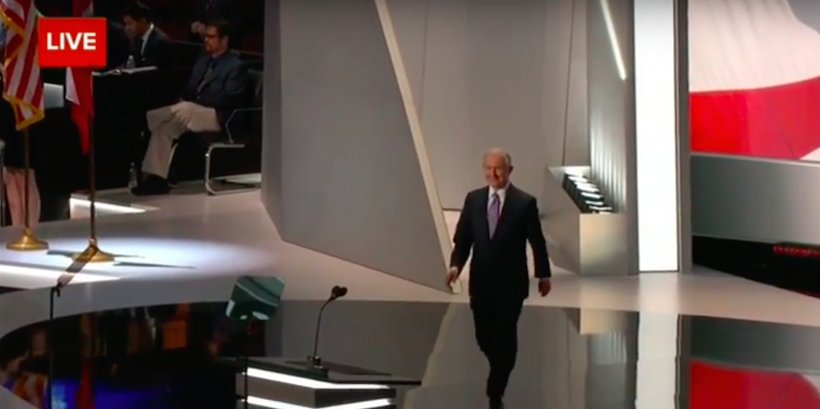
On Wednesday, President Obama will deliver a speech on the Islamic State threat. Americans will be listening carefully, and so will the world. For this reason, I hope he will avoid putting conditions or limitations on our military options.
I understand how it might be politically tempting to put strict limits on our strike options. After all, nobody wants another war. However, such messages ultimately undermine our military and telegraph our strategy to the enemy. We can simply look to the results of the hastily orchestrated Iraq withdrawal for a lesson in what happens when the enemy has our playbook and knows our timetable.
There are three major points I will be listening for as President Obama discusses the ISIL threat:
1. Answering the Syria question.
It has been well over a year since the conflict in Syria boiled over. We know that much of the ISIL organizational command is headquartered in Syria. Although Russia’s relationship with the Syrian regime certainly complicates the situation at the UN, the United States must retain our ability to take on and defeat threats to our security wherever they exist. I hope President Obama can demonstrate our commitment to destroy ISIL command and control elements in Syria, and prevent Syria from becoming a launching point for further destabilization of the region and/or attacks against the United States.
2. Acknowledging the viral Islamist threat.
We cannot afford to downplay or dismiss the recent growth of radical Islamic terrorism. ISIL is a next-generation terrorist organization that is well-funded, well-organized and has demonstrated military-style capabilities and discipline. Even more disturbing, perhaps, is the fluid, mobile, and viral nature of its stop-at-nothing, radical Islamic ideology. We now know ISIL has recruited militants from Western nations and expressed aims to penetrate our homeland. With the anniversary of Sept. 11 approaching, I hope President Obama will reassure Americans that action is being taken to secure our borders and enhance the security of U.S. interests at home and around the world.
3. Projecting strength.
The most disappointing aspect of President Obama’s “we don’t have a strategy” comment was how it reinforced a pattern of inconsistent and incoherent foreign policy messages. We draw “red lines” and do nothing when they are crossed. We outsource tough foreign policy decisions to the woefully weak United Nations. We hollow out our military force with drastic cuts that compromise our readiness. We fail to secure our borders or enforce immigration laws. We negotiate with the Taliban and strike deals to release hardened terrorists. These actions project weakness and invite our enemies to test our resolve. The United States must reverse course and demonstrate the kind of strength and resolve that will be respected the world over.
Martha Roby represents Alabama’s 2nd Congressional District in the U.S. House of Representatives












